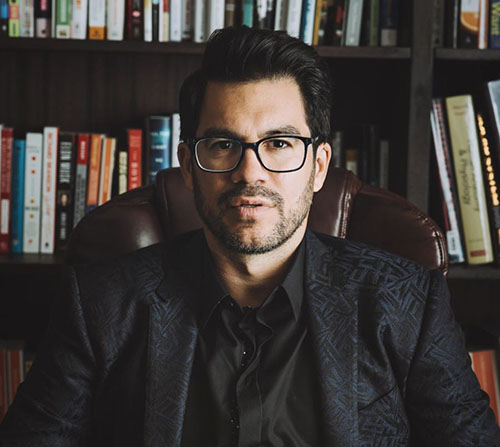How to Build Your Own Personal Library
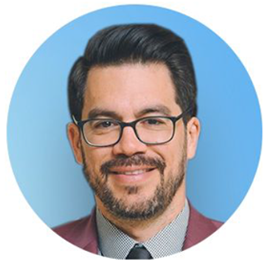
Tai Lopez
May 31, 2017
There’s something to be said about seeing someone’s personal library. Done right, it leaves an impression on you that tells you not just how learned this person is but it gives you some insights into their personality and preferences as well.Still, oftentimes a personal library is unfortunately more for show than actual use. Simply having these powerful and inspirational books is not enough. You have to build a personal library you’re going to use time and time again. Here’s how I do it, and how you can too:
Does the Volume of Books Matter?
When it comes to creating your own personal library, it’s not exactly about how many books you have. We all have visions of grandiose personal libraries spanning every conceivable topic, but I want you to be able to build a personal library you can continually refer back to and learn from.
Having a personal library of a dozen or so books isn’t really enough either -- even if you have them memorized from front to back. You need to be more eclectic about your choices and spread them out so that you absorb different perspectives and backgrounds and integrate their teachings into your own knowledge and experience.
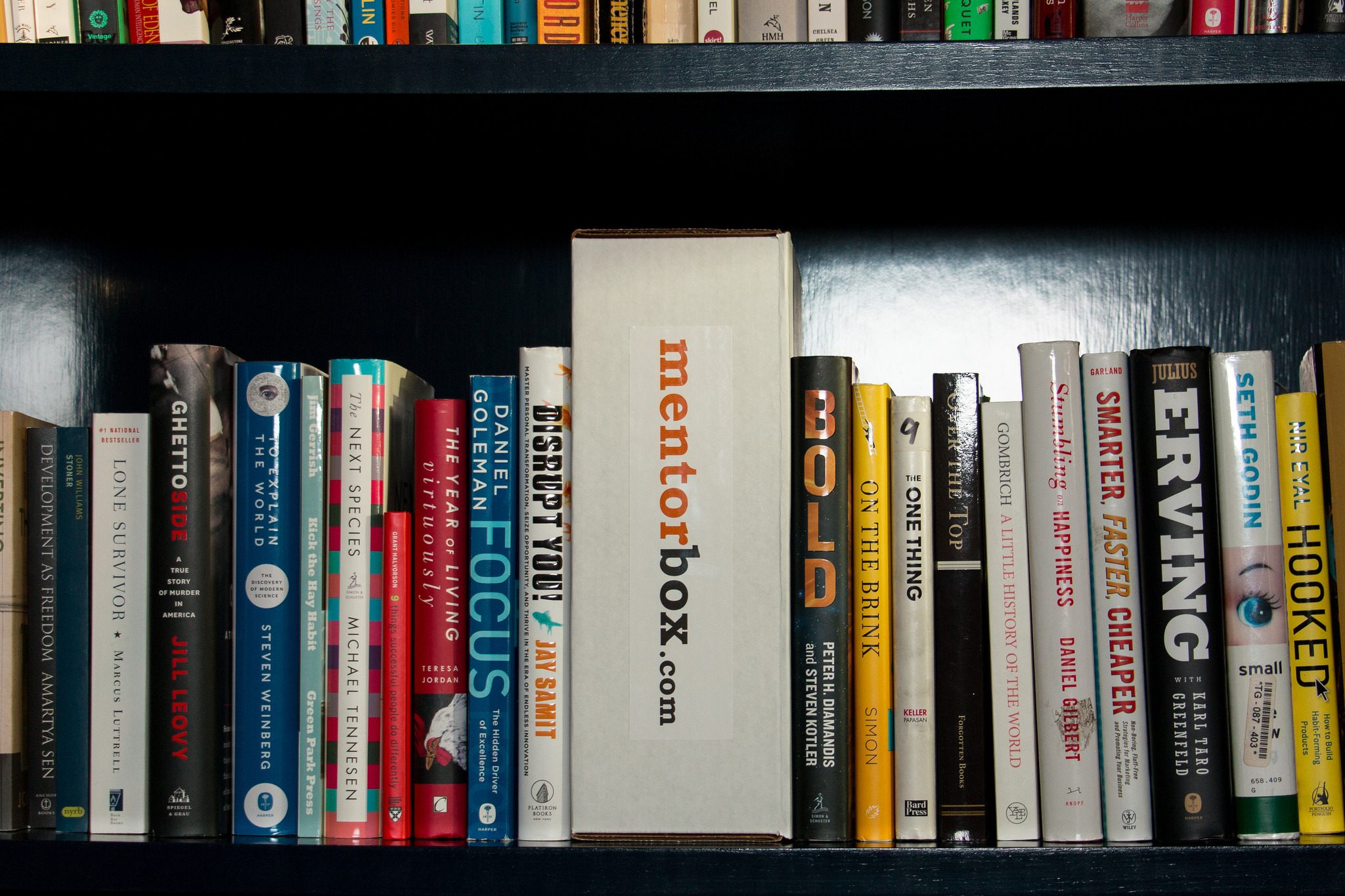
There is no “right number” when it comes to the volume of books in your personal library. However, you can use my own recommendations of 150 different books on health, wealth, love and happiness as a starting point, if you’d like.
Why 150? The number comes from Robin Dunbar, a social scientist who once said that the human mind can have about 150 different interconnected relationships -- it’s what our brains are, essentially, “wired” for. Can you have more or less? Absolutely, but to me, this number is a good, solid basis for building a personal library that you can continue to learn from.
Just Having the Books is Not Enough
Building a personal library isn’t just about bragging rights for having “the most” books. You also have to read them -- over and over again. Not just in the span of a few weeks or months or any other predetermined timeframe.
But you’ll notice over time, as you re-read the books in your library, new insights and discoveries will pop out at you -- things you may have skimmed over the first time, or areas that you didn’t feel applied to your situation will suddenly become hyper-relevant. And it will continue to work like that as your grow and continue to build your library.
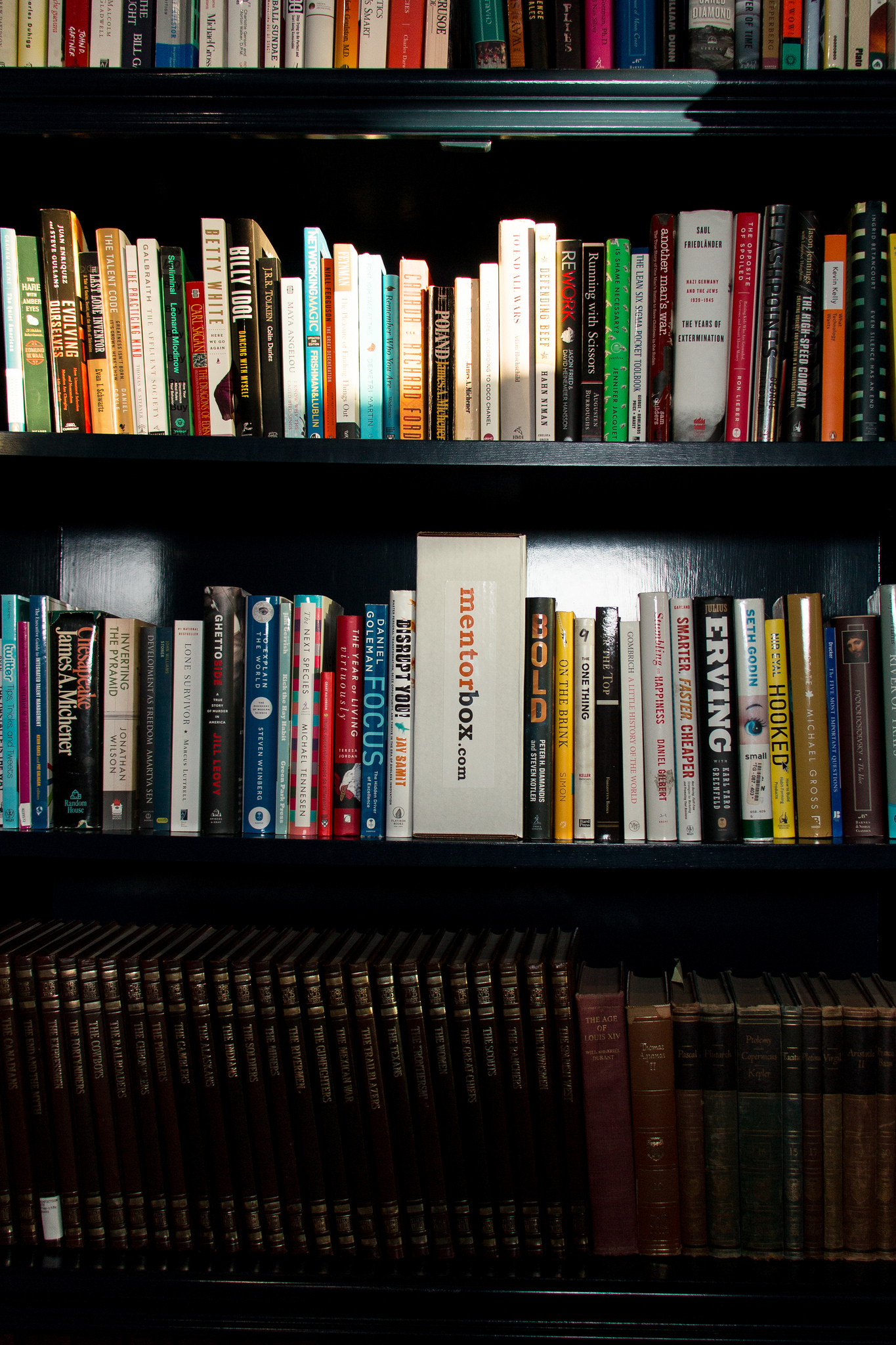
Now, I recommend that you divide these 150 books into four different categories -- namely:
30-40 books on wealth - earning it, keeping it, building it, sharing it.
30-40 books on happiness - self improvement, hobbies, goals, productivity and character traits like courage, honesty and so on.
30-40 books on social relationships - not just teamwork, but love and friendship as well
30-40 books on health - keeping your mind and body in top shape at all times
With regard to the books on social relationships -- it’s a good idea to read the most recent and cutting-edge insights on these topics, but also some old-school books as well, since some of the “golden oldies” like How to Win Friends and Influence People by Dale Carnegie are still referenced as some of the greatest works even in modern times.
Case in point -- Amazon founder Jeff Bezos carried around a tattered copy of Sam Walton (founder of Walmart)’s book Made in America. And Bezos would jot down notes and ideas in a little notepad as he read and re-read this book -- to the point where they became instinctual.
How much better would every aspect of your life be if you incorporated the teachings of some of the happiest, richest, healthiest and most caring people in the world into your own life?
Forge Relationships with Your Books
Imagine having 150 close-knit friends from a whole host of backgrounds. These friends are businesspeople, personal trainers, counselors and dieticians. Some may have even served in the military. Some went on to raise families. You go deep with these people -- you know their history, their background and their struggles.
Reading these 150 books and learning the authors’ insights is like getting a window into their lives. But you’re doing much more than just looking in -- you’re walking along a path -- like having a treasure map that you can follow, with obstacles shown clearly. And the treasure in this map is the knowledge you gain and apply to your own life, bettering it in every possible respect.
So forge the kind of relationships with your books that you have with your friends. You’ll often find that the right advice comes to you at the right time - if you simply know where to look.

Don’t Just Read Your Books Once and Put Them Down (And Never Pick Them Up Again)
Building a personal library means being able to come back to your books again and again, and glean even more from them than you did the first time you read them. Because as you grow in life and experience new things and meet new people, you’ll come back to your personal library, pick up a book, and discover even more ways to apply its teachings and advice to your current situation.
And the insights will come to you time and time again throughout your life.
Don’t just read these books to become book-smart. Read them so that their teachings become a part of you. The fact is, there are going to be times in your life where you have to make swift judgments and decisions. And you won’t have time to go and pore over your books and find the perfect piece of information that precisely reflects the situation you’re in.
But when you read, re-read and really let that information sink in and practice it until it become second nature, you’ll find that the snap judgments and decisions you make may seem quick and potentially full of regret, but the truth is that they’re rooted in solid, honest facts and findings. You’ve just incorporated them into your life to the point where they become a part of you.
Continue to Build off of What You’ve Learned
Even after you’ve slowly and steadily built up your collection of books, and even after you find yourself referring to them again and again and continuing to learn from them, you’ll still be doing yourself the disservice of “boxing yourself in” as far as knowledge, strategy and expertise. So don’t just stop after you’ve reached a certain number of books -- keep learning and growing.
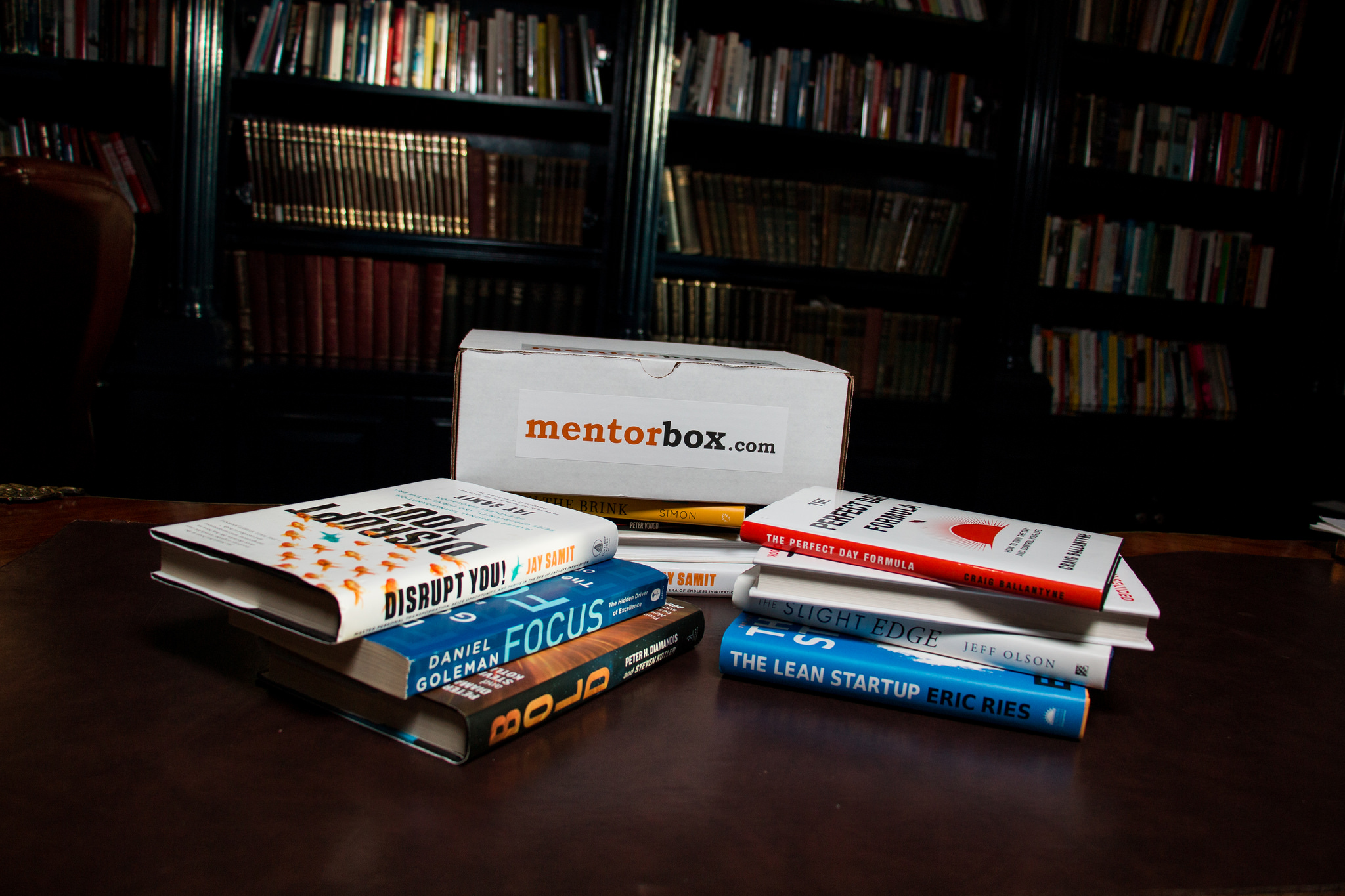
One of the best ways I’ve found to keep the insights and discoveries flowing on a regular basis is through MentorBox. MentorBox is a delivery of the best self improvement and self empowerment tools every month and is designed to accommodate learners of every style -- visual, auditory and even kinesthetic - so you can recall and implement what you’ve learned across every major part of your life.
The fact is, building a personal library is a lifelong process. But even with that being said, it’s never too late to start. By working smarter and not harder, you’ll be able to “upgrade” so many areas of your life to become happier, wealthier and healthier than you ever thought possible -- and it can all start with a single book.
Best of Tailopez
-
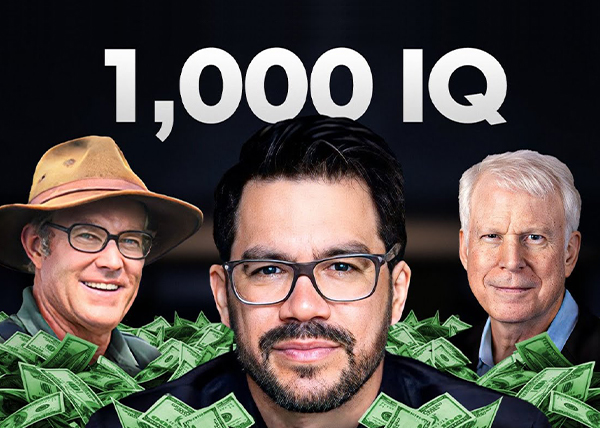 How to Make $1M, Politics, and the Illusion of Free Will
How to Make $1M, Politics, and the Illusion of Free Will -
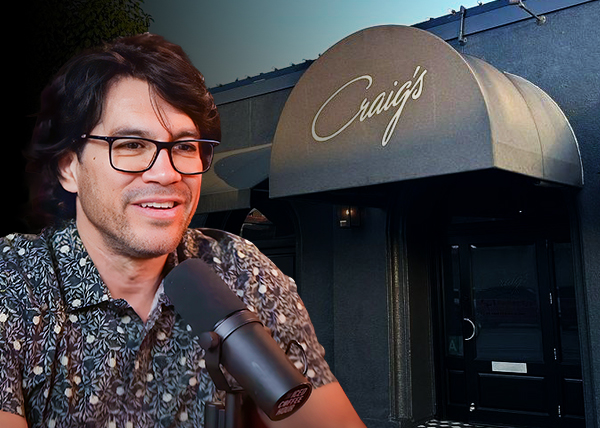 A Star-Studded Dining Experience at Craig's in West Hollywood
A Star-Studded Dining Experience at Craig's in West Hollywood -
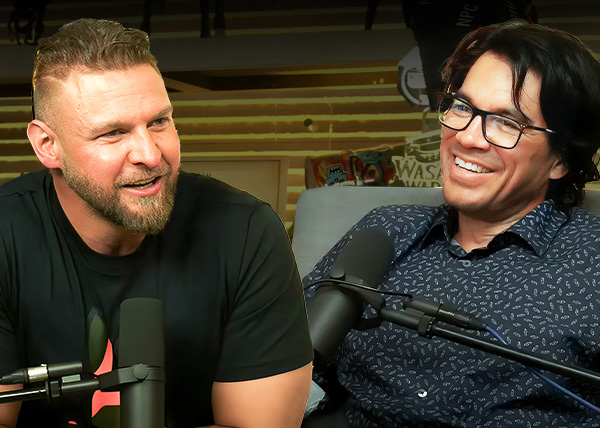 Unlocking the Secrets to Success with Tai Lopez on The Kris Krohn Show
Unlocking the Secrets to Success with Tai Lopez on The Kris Krohn Show -
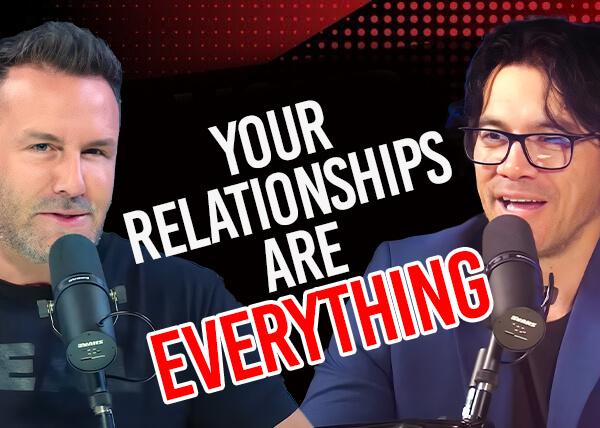 Dropping Bombs: The Real Brad Lea Podcast - Tai Lopez Unplugged
Dropping Bombs: The Real Brad Lea Podcast - Tai Lopez Unplugged -
 Hanging Out with the Big Sharks: Tai Lopez Gets Real on the Iced Coffee Hour Podcast
Hanging Out with the Big Sharks: Tai Lopez Gets Real on the Iced Coffee Hour Podcast

